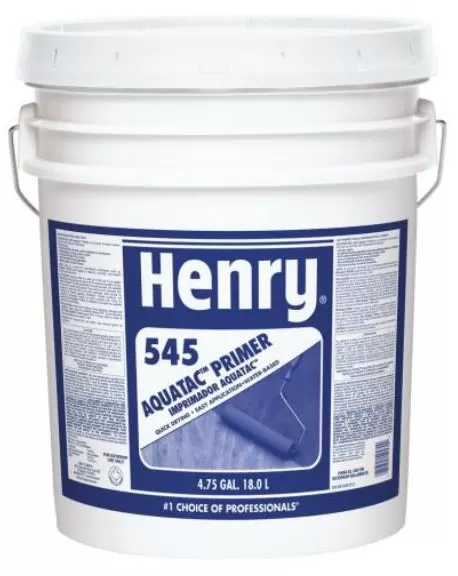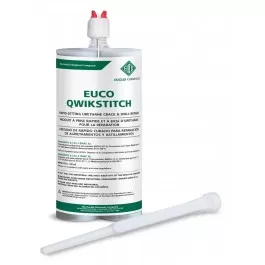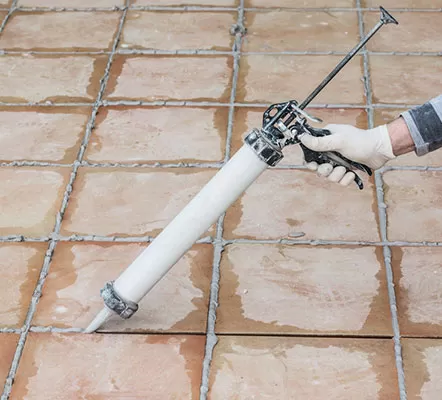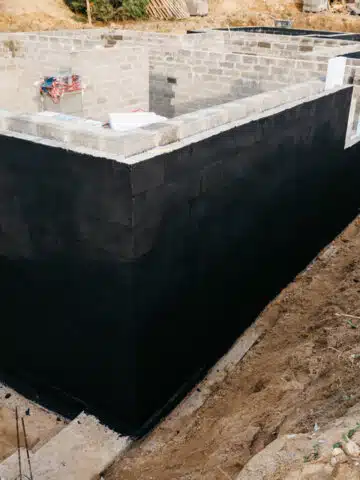Blog
Foundation Wall Waterproofing: How Long Does It Last?
Foundation walls are an integral aspect of a building’s structural health, and safeguarding them from potential water damage is paramount. One of the most effective preventive measures is foundation wall waterproofing. This method not only protects the foundation from moisture infiltration but also ensures the overall wellbeing of the structure. But a common question often arises: How long does this waterproofing last? To answer this, we’ll explore various factors that determine its longevity.
The Quality of Waterproofing Materials Used
The foundation of any building, whether residential or commercial, plays a pivotal role in its overall structural health. Consequently, the materials chosen for its protection need to be of the highest quality. Foundation wall waterproofing materials are not all created equal. They vary in terms of composition, durability, and resistance to environmental stresses.
Highgrade waterproofing materials tend to have a more robust composition that can resist wear and tear, even in challenging conditions. These materials have been rigorously tested to withstand fluctuations in weather, resist the corrosive effects of certain soils, and offer a lasting barrier against moisture infiltration. Moreover, the longevity of the waterproofing directly impacts the health of the foundation, influencing factors like mold growth, structural integrity, and overall building safety.
By investing in superior quality waterproofing materials, property owners are essentially investing in the long term health of their building. This is why many turn to reputable commercial construction services that not only source the best materials but also understand the unique needs of each building, ensuring the waterproofing process uses the ideal materials for maximum protection and longevity.
The Expertise in Application
The longevity of foundation wall waterproofing doesn’t solely hinge on the quality of materials used; the expertise in its application is equally critical. The process of waterproofing is more than just applying a protective layer; it’s about ensuring that this layer bonds seamlessly with the foundation, offering uniform protection.
Every inch of the foundation wall needs meticulous attention. Even a small missed spot or an uneven application can become a potential weak point, allowing moisture to seep in over time. This is why the role of professionals in this process cannot be stressed enough. Skilled experts understand the intricacies of different foundation types, the challenges posed by varying environmental conditions, and the right techniques to ensure an impeccable application.
Furthermore, a professionally applied waterproofing layer will conform to industry standards and guidelines, ensuring its longevity and effectiveness. By collaborating with seasoned professionals, preferably from recognized commercial construction services, property owners can rest assured that the application is done right, maximizing the lifespan of the waterproofing.
Environmental Factors and Soil Type
The environment in which a building stands significantly impacts the lifespan of foundation wall waterproofing. Areas prone to heavy rainfall or with a high groundwater table might exert more pressure on the foundation, possibly affecting the waterproofings longevity. Similarly, the type of soil surrounding the foundation also matters. Soils that expand with moisture and contract upon drying can place stress on foundation walls, risking the integrity of the waterproofing over the years.
Regular Maintenance and Inspection
Like any protective measure, foundation wall waterproofing benefits from regular maintenance and inspections. Over time, minor cracks or wear can appear, which if left unaddressed, can diminish the waterproofings effectiveness. Periodic inspections allow for the early detection of such issues, enabling prompt repairs and thus ensuring the waterproofing remains effective for longer. Commercial construction services often provide maintenance packages, ensuring the waterproofing remains in optimal condition.
Evolution of Waterproofing Technologies
The world of construction is ever evolving, with newer technologies and methods continually emerging. Today’s waterproofing materials and techniques are undoubtedly more advanced and durable than those from a few decades ago. Hence, buildings that have been waterproofed recently, utilizing contemporary methods, are likely to benefit from a longer lasting protective layer than older structures.
Actual Lifespan Expectations
On average, foundation wall waterproofing can last anywhere from 10 to 20 years or even longer, depending on the factors mentioned above. The blend of high quality materials, expert application, regular maintenance, and the specific environmental conditions determines its actual lifespan. It’s worth noting that while waterproofing provides an excellent protective layer, it’s not a one time solution that lasts indefinitely. Over time, reapplication or touch ups might be necessary to maintain the foundations watertight integrity.
Foundation wall waterproofing is a pivotal step in ensuring the longevity and health of a building. While its lifespan can vary, understanding the factors that influence it allows property owners to maximize its benefits. Partnering with commercial construction services that bring expertise and high quality materials to the table can further extend the life of the waterproofing, ensuring a solid, moisture free foundation for years to come.





